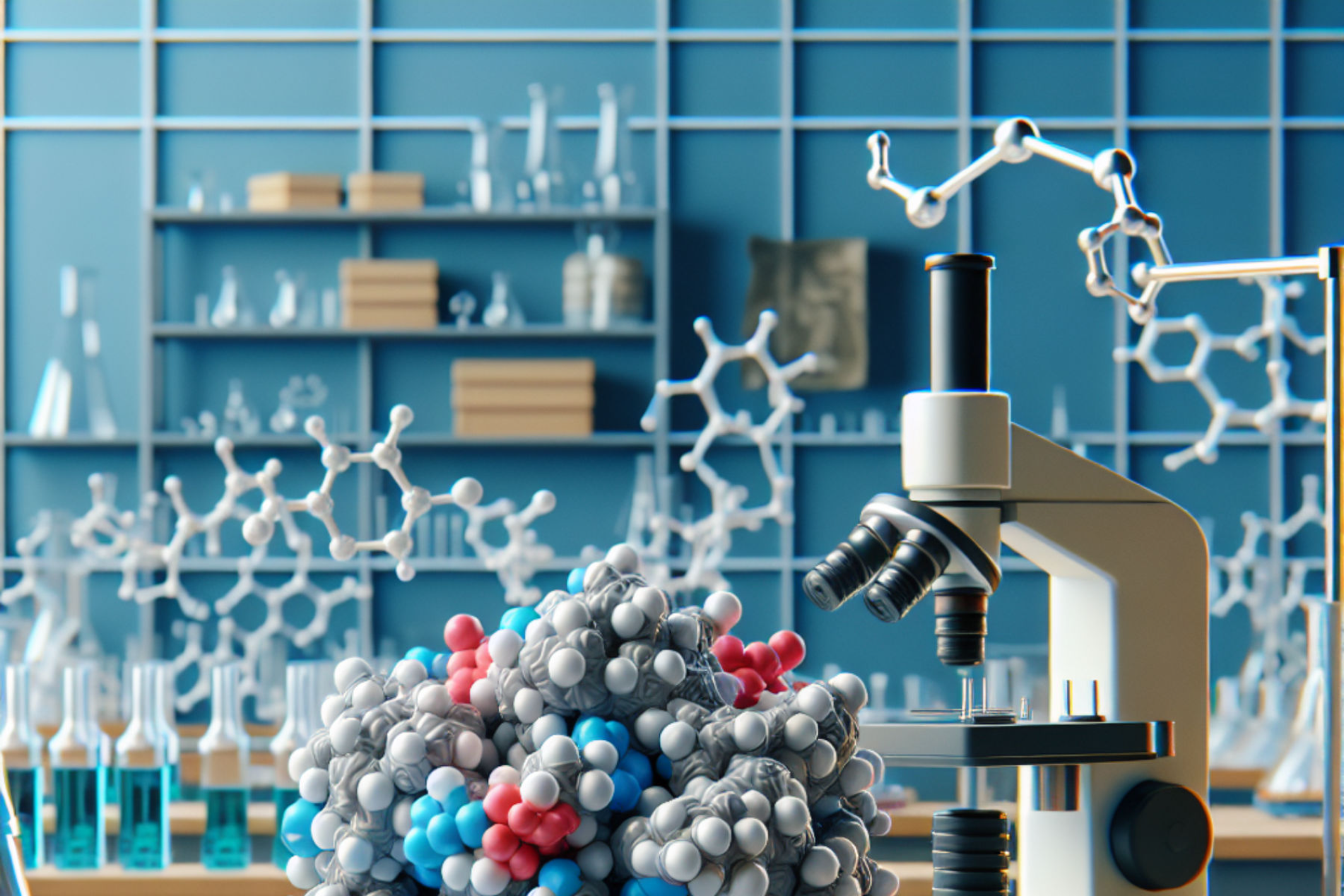
What is the Denaturation of Protein?
Proteins are fundamental biomolecules essential for life, performing numerous functions within living cells. They consist of amino acids linked by peptide bonds, and their structure can be categorized into four distinct levels: primary, secondary, tertiary, and quaternary.
The primary structure is simply the linear sequence of amino acids, which determines the protein's unique characteristics. This chain then folds into its secondary structure, where localized folding occurs, forming alpha-helices and beta-sheets. These structures are stabilized by hydrogen bonds between the backbone atoms of the amino acids.
Moving on, the tertiary structure represents the overall three-dimensional shape of a single protein molecule. It arises from various interactions, including hydrophobic interactions, ionic bonds, and disulfide bridges, which provide stability. Finally, quaternary structure involves the assembly of multiple protein subunits, coming together to form a functional complex.
It's essential to understand that proteins can undergo a process called denaturation. So, what is the denaturation of protein? Denaturation refers to the alteration of a protein's structure due to external factors such as heat, pH changes, or chemicals. This process can significantly impact protein function, which is crucial in various fields like biochemistry and culinary arts.

Understanding Denaturation of Protein
|
Aspect |
Explanation |
|---|---|
|
Definition |
Denaturation is when proteins lose their shape due to external factors, which stops them from working properly. |
|
Causes |
- Heat: Extra energy disrupts bonds. |
|
Denaturation vs. Coagulation |
- Denaturation: Protein structure unfolds. |
|
Example |
Cooking an egg: The proteins denature and then coagulate, turning the egg white from clear to solid. |
|
Applications |
Important in cooking (food textures), medicine (protein-based treatments), and biotech (designing functional proteins). |
Effects of Denaturation on Protein Function
-
Definition: Denaturation is the process where proteins lose their natural three-dimensional structure due to external factors such as heat, pH changes, or chemical exposure, resulting in a significant alteration of their biological activity and functionality.
-
Impact on Biological Function: This structural loss can disrupt critical roles in the body, like enzyme activity and cellular transport.
-
Cooking Example - Eggs: Heat changes the structure of egg proteins, causing them to thicken and solidify, creating a new texture.
-
Cooking Example - Meat Marination: Acids in marinades break down protein structures, making meat more tender and flavorful.
-
Natural vs. Lab-Induced: Denaturation can happen naturally, like with extreme pH, or be induced in labs for research and industrial uses.
-
Applications in Daily Life: Knowing about denaturation helps in cooking, food science, and product development, allowing control over texture, flavour, and function.
Applications of Protein Denaturation
|
Field |
Role of Protein Denaturation |
|---|---|
|
Cooking |
Denaturation alters the texture and flavour of food; for example, when cooking eggs, the proteins change from liquid to solid, enhancing the dish's overall appeal and safety. |
|
Food Processing |
Techniques like pasteurization utilize denaturation to effectively reduce pathogenic microbes, ensuring food safety while maintaining the nutritional quality and taste of products. |
|
Biotechnology |
Understanding protein denaturation is crucial for developing diagnostic tests and biopharmaceuticals, as it allows scientists to improve assay design and optimize protein interactions for therapeutic applications. |
|
Medicine |
Insights into protein denaturation contribute to understanding diseases related to protein misfolding, such as Alzheimer’s, by helping identify the mechanisms that lead to pathological states. |
|
Nutritional Science |
Denaturation improves the digestibility of proteins, making nutrients more accessible for absorption, and enhancing the overall nutritional profile of food products. |
|
Food Engineering |
Denaturation is exploited in food engineering to modify textures and stabilize emulsions and foams, essential for products like sauces, dressings, and whipped toppings. |
|
Environmental Science |
Understanding protein denaturation can aid in the development of biodegradable materials and bioremediation processes, as proteins play a key role in breaking down pollutants. |
|
Overall Significance |
Recognizing the importance of protein denaturation opens new avenues for advancements in food production, safety, healthcare, and biotechnology, contributing to better products and health outcomes. |

Key Takeaways on Protein Denaturation
Grasping the concept of protein denaturation is important across many areas, from health to food science. Denaturation happens when proteins change their structure due to factors like extreme heat, shifts in pH, or exposure to certain chemicals. It’s worth noting that this doesn’t mean the protein is destroyed; rather, it alters its form and can change how it functions. A great everyday example is how eggs transform when you cook them what starts as a liquid becomes solid, highlighting the fascinating changes that proteins undergo.
This process is also crucial in fields like biotechnology and medicine, where understanding protein denaturation helps scientists develop new drugs and treatments by influencing how proteins interact in our bodies. Recognizing how denaturation affects our health can deepen our understanding of nutrition and disease management. By appreciating the complexities of protein structure and how they can be modified, we can better navigate food safety and therapeutic strategies. Ultimately, this knowledge is key to improving practices in the industry and enhancing health outcomes for everyone.
This Blog post is an initiative by Lo! Foods, to provide accurate and Nutritionist / Doctor approved information related to Health. Lo! Foods is India's leading brand for Everyday Functional Foods. Foods designed for specific Health conditions or Needs. Lo! Foods also runs India's largest range of Low Carb Healthy Cloud Kitchens, under the brand names of Lo!, ProteinChef, ATH (All Things Healthy) and DiabeSmart.











Leave a comment
Your email address will not be published.